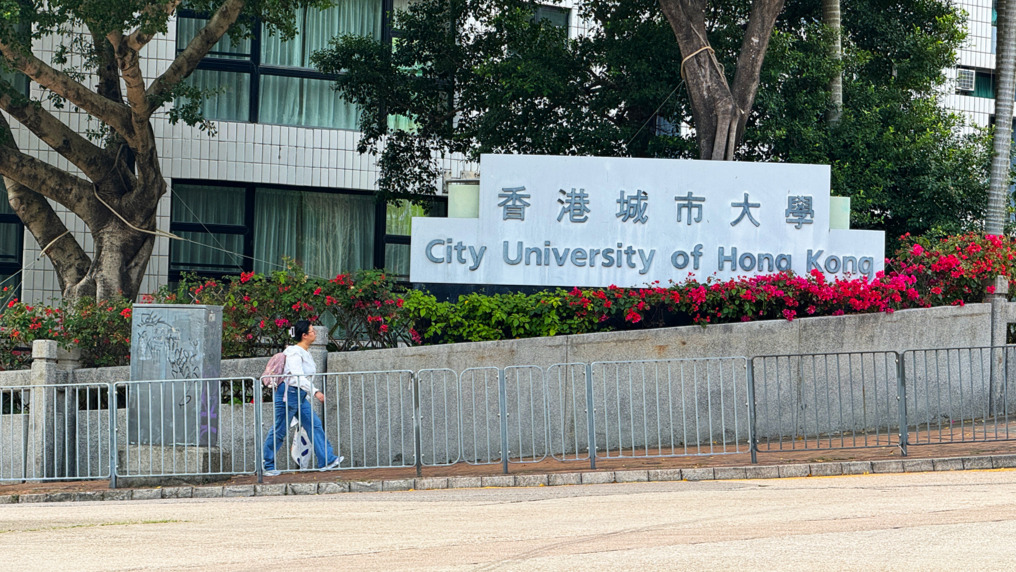
SHENZHEN – The admission standards for Sino-overseas joint universities keep rising in Guangdong as the Chinese University of Hong Kong (Shenzhen) maintained the top position in terms of admission scores for the ninth consecutive year in the province.
It also ranks at the forefront amid a number of other cities and provinces, such as Beijing, Tianjin, Chongqing and Hebei province, in terms of admission scores on the national college entrance exam, or gaokao, according to a statement from the university.
The school accepted only the top 0.55 to 2 percent of the students of science in the majority of provinces of the country. The range for liberal arts students are even stricter — top 0.25 to 1 percent. Both are higher than last year's level.
ALSO READ: Five Hong Kong universities listed among world’s top 100
"CUHK (Shenzhen)'s open learning atmosphere and academic environment attracted me," said Xie Yiran, a student from Shantou in Guangdong province and who won the university's golden ticket by a score as high as 670 on the gaokao, while the provincial undergraduate admission cutoff score is around 440.
She chose to study a double major undergraduate program jointly established by CUHK(Shenzhen) and the Chinese University of Hong Kong.
The new "2+2" degree program set up in 2022 was the first of its kind in the Guangdong-Hong Kong Macao Greater Bay Area.
Students will spend two years on each campus studying different majors and be awarded a certificate of two majors if they can fulfill the graduation requirements of their home campus.
The diverse and high-quality higher education resources in Hong Kong are among the school's advantages in attracting high-scoring students, as it carries on the vision and the academic system of CUHK.
In addition, this year marks the first time CUHK (Shenzhen) has enrolled students from Hong Kong and Macao through the national joint exam for overseas Chinese and students from Hong Kong, Macao and Taiwan.
Xu Yangsheng, president of CUHK (Shenzhen), highlighted that the university firmly oversaw the intake and output of students, that is, the quality of admissions and graduates.
They are the litmus tests for society's recognition of this educational institution, he said.
The employment rate of its bachelor's degree graduates in 2023 reached 95.1 percent, among which the proportion of graduates pursuing further studies surged to about 80 percent, according to the school's Employment Quality Report.
READ MORE: ‘HK universities very attractive places for mainland students’
Looking to the future, Xu aims to establish 15 to 20 world-class disciplines and join the ranks of world-class universities.
"We will strive to build this university into a national model of international cooperation in education and achieve the status of an internationally renowned research-intensive university by 2035," he said.

In addition, the Dongguan campus of the City University of Hong Kong began accepting undergraduate students in science subjects this year. Its minimum admission score is 611.
ALSO READ: HK, Shenzhen lay out plan to further deepen cooperation
The Shenzhen MSU-BIT University, established in 2016 as a joint venture between the Beijing Institute of Technology and Moscow State University, also has made remarkable advancements as its threshold of admission increased significantly for both science and liberal arts students.


